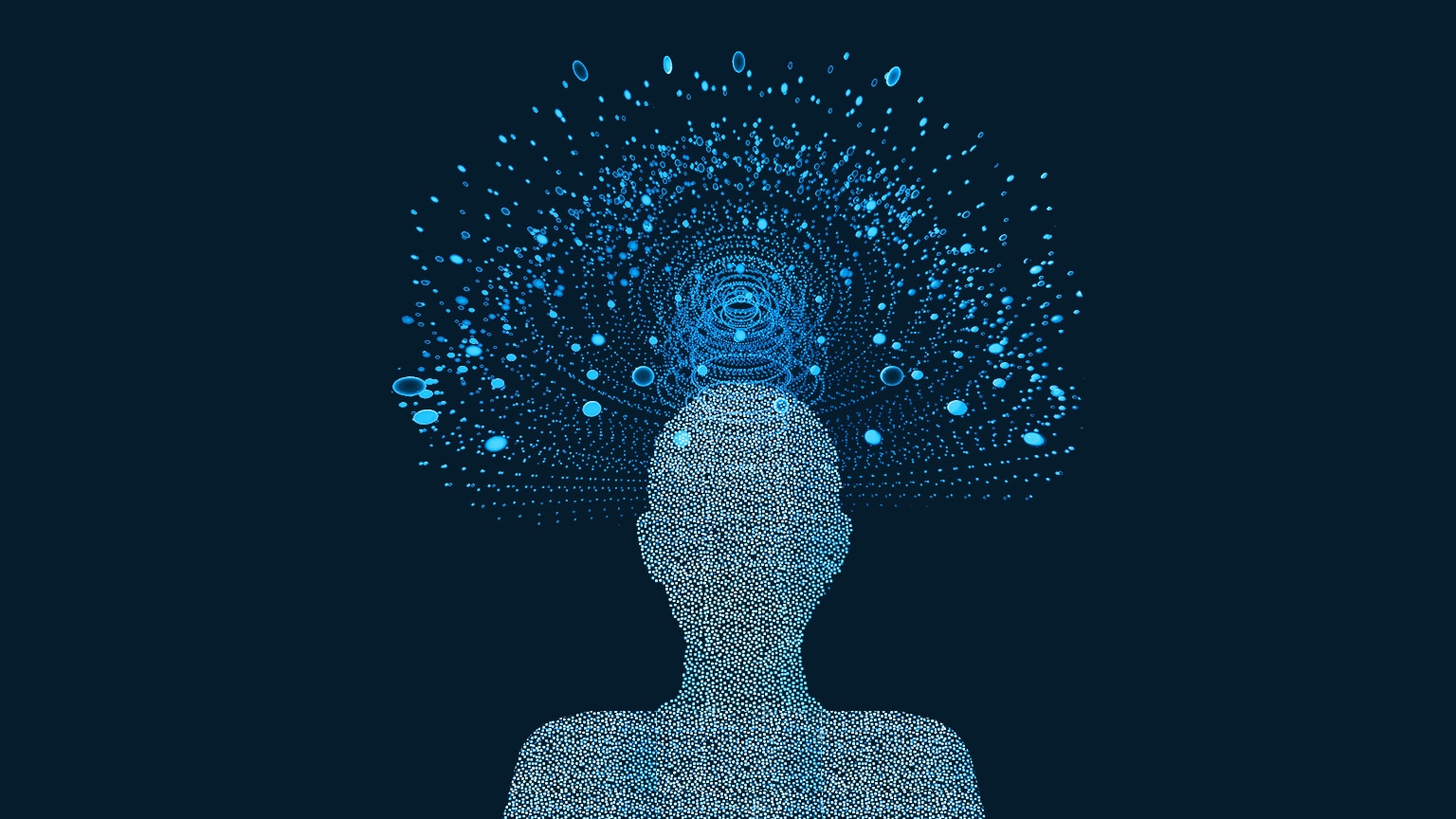Information Technology Trends: Stay Ahead in 2023!
Information technology (IT) has been a cornerstone of innovation and progression in the modern world. Bridging gaps across continents, streamlining business processes, or even transforming our daily lives with smart devices, IT continues to weave its digital threads through the tapestry of our existence. In this article, we will explore the evolution of information technology, its current significance, and what the future may hold for this dynamic field.

Credit: www.mckinsey.com
The Roots and Evolution of Information Technology
The term ‘information technology’ was coined in the second half of the 20th century, but its roots can be traced back much further. From the early abacus to the latest quantum computers, technology designed to process and manage information has continuously evolved. The following table offers a glimpse into the significant milestones in the evolution of IT:
| Year | Milestone | Impact |
|---|---|---|
| 1940s | First Electronic Computers | Began the era of automated calculations and data storage. |
| 1960s-70s | Emergence of Personal Computers | Made computing power accessible to the public. |
| 1980s | Birth of the Internet | Connected computers across the world, revolutionizing communication. |
| 1990s | Dot-Com Boom | Significant growth in IT businesses and online services. |
| 2000s | Smart Mobile Revolution | Shift towards mobile computing, impacting lifestyle and business. |
| 2010s | Cloud Computing | Enabled on-demand availability of computer system resources. |
| 2020s | Advances in AI and Machine Learning | Automation and intelligent systems improve efficiency and decision-making. |
The evolution of IT has been marked by leaps in innovation and adoption rates, with each decade bringing forth new breakthroughs that have reshaped society.
Current Significance of Information Technology
Today, information technology has seeped into virtually every aspect of our lives. Key areas where IT plays a critical role include:
- Communication: With platforms like email, social media, and video conferencing, IT has enabled instant global communication.
- Business Operations: From small startups to global corporations, IT solutions help streamline operations, manage supply chains, and boost productivity.
- Healthcare: IT in healthcare has brought about Electronic Health Records (EHRs), telemedicine, and healthcare informatics.
- Education: Technology facilitates e-learning platforms, virtual classrooms, and access to vast digital educational resources.
- Banking and Finance: IT is integral to online banking, digital transactions, and financial management tools.
In the corporate sphere, IT also plays an influential role in gaining competitive advantage, with data analysis and IT-driven strategy being crucial for many businesses.
The Future of Information Technology
As we look ahead, emerging technologies are set to further transform the landscape of IT. Some anticipated developments include:
- Internet of Things (IoT): Greater interconnectivity of devices is expected to automate and optimize various aspects of life and industry.
- Cybersecurity advancements: With cyber threats evolving, robust cybersecurity measures are vital for the protection of data and privacy.
- Quantum computing: Quantum computers promise to solve complex problems that are beyond the capability of classical computers.
- Artificial Intelligence expansion: AI is anticipated to become even more sophisticated, blending seamlessly with human tasks and roles.
It is clear that the trajectory of IT is steeped in progress. As these technologies mature and intersect, the next wave of IT evolution is sure to shape our world in unimaginable ways.
Frequently Asked Questions For Information Technology Trends: Stay Ahead In 2023!
What Is Information Technology?
Information Technology (IT) involves using computers and software to manage and process information.
How Has It Changed Business?
IT has revolutionized business by automating processes, enhancing communication, and enabling e-commerce.
What Are It’s Main Components?
The main components of IT include hardware, software, databases, networks, and human resources.
Can It Improve Productivity?
Yes, IT can significantly improve productivity by streamlining operations and facilitating collaboration.
































